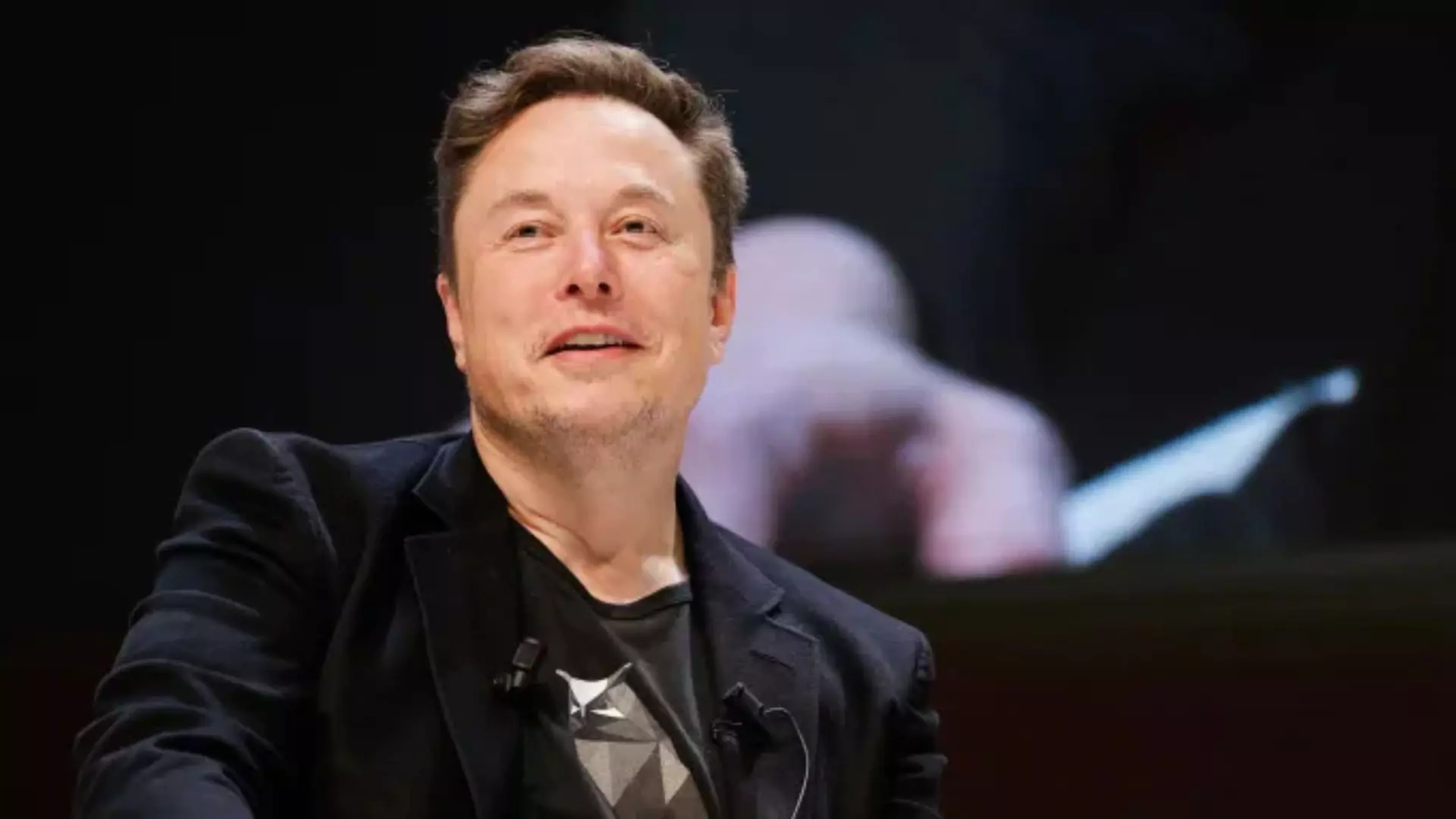NASA Administrator Bill Nelson has called for an investigation into a Wall Street Journal report alleging that Elon Musk, the founder of SpaceX, has maintained “regular contact” with Russian President Vladimir Putin since late 2022. The report indicates that these discussions have revolved around personal matters, business interests, and geopolitical issues, which raises significant national security concerns.
Given SpaceX’s affiliations with NASA and the U.S. military, Nelson emphasized the potential risks associated with Musk’s access to sensitive government information and U.S. intelligence if the claims are substantiated.
The report has stirred unease within U.S. intelligence circles, where officials have previously raised counterintelligence concerns regarding Musk’s interactions with adversaries like Russia. However, there is hesitance to launch an investigation due to Musk’s status as an American citizen, which complicates matters for intelligence agencies.
The Wall Street Journal noted that knowledge of the communications between Musk and Putin seems to be closely guarded within the government, although multiple officials confirmed the interactions. One notable request cited in the report was from Putin, asking Musk not to activate his Starlink internet service over Taiwan as a favor to Chinese leader Xi Jinping.
Musk’s involvement in the Ukraine conflict has been significant, particularly through SpaceX’s provision of Starlink services, which have been crucial for Ukrainian military communications amid the ongoing war.

NASA Calls for Probe Into Elon Musk’s Alleged Talks with Putin Amid National Security Concerns
Experts have underscored that Starlink’s services are essential for Ukraine, enabling military operations despite damaged infrastructure. However, Musk’s stance on the conflict has become increasingly controversial as his public comments have begun to align with those of Donald Trump, who has advocated for a swift resolution to the war.
In a turn of events, Musk had initially sought funding from the Pentagon to cover the costs of Starlink services in Ukraine but later retracted that request. His proposal of a “peace plan” that suggested conducting elections under UN supervision in regions annexed by Russia has drawn criticism, especially from Ukrainian leaders.
Moreover, Musk’s decision not to activate Starlink near Crimea during a crucial military operation, stemming from fears of a potential nuclear response from Russia, raised further concerns about his role in the conflict and the implications of his conversations with Russian officials.
In addition to his business ventures, Musk has become increasingly involved in U.S. politics, notably through substantial financial contributions to a super PAC supporting Trump’s presidential campaign. His active participation in the political arena includes recent town halls where he has encouraged voter support for Trump and discussed various controversial topics, including debunked conspiracy theories about the 2020 election.
Additionally, his recent sweepstakes initiative aimed at swing-state voters has drawn scrutiny from the U.S. Justice Department, raising questions about the legality of his financial strategies and the broader impact of his influence in both business and politics.











































